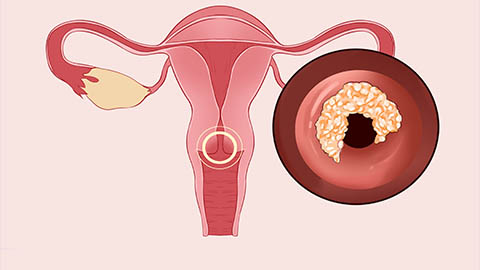What are the early symptoms of cervical cancer?
Generally, early symptoms of cervical cancer include abnormal vaginal bleeding, increased vaginal discharge, waist and abdominal pain, leg edema, frequent and urgent urination. If discomfort occurs, timely medical consultation is recommended. Detailed analysis is as follows:

1. Abnormal Vaginal Bleeding
During the carcinogenesis process, cervical cancer may cause blood vessels to rupture, leading to abnormal vaginal bleeding. This type of bleeding usually occurs outside the menstrual period and may be accompanied by varying degrees of blood loss.
2. Increased Vaginal Discharge
Due to the necrosis and shedding of tumor tissue, vaginal discharge may increase, possibly appearing white, yellowish, or blood-tinged, with a thin, watery or rice-water-like consistency, and accompanied by a fishy odor.
3. Waist and Abdominal Pain
Cervical tumors may compress or invade surrounding tissues such as nerves and muscles, causing pain. When the tumor invades the bladder or rectum, it may also cause discomfort or pain in the lower abdomen.
4. Leg Edema
Tumor compression or invasion of leg veins and lymphatic vessels may hinder blood circulation and lymphatic return, thereby causing leg edema.
5. Frequent and Urgent Urination
Cervical cancer cells may compress or invade the bladder, reducing bladder capacity or irritating the bladder wall, thus causing symptoms such as frequent urination and urgency.
It is recommended that women undergo annual gynecological examinations, including cervical cytology tests and human papillomavirus testing, to detect cervical precancerous lesions or cervical cancer at an early stage.







